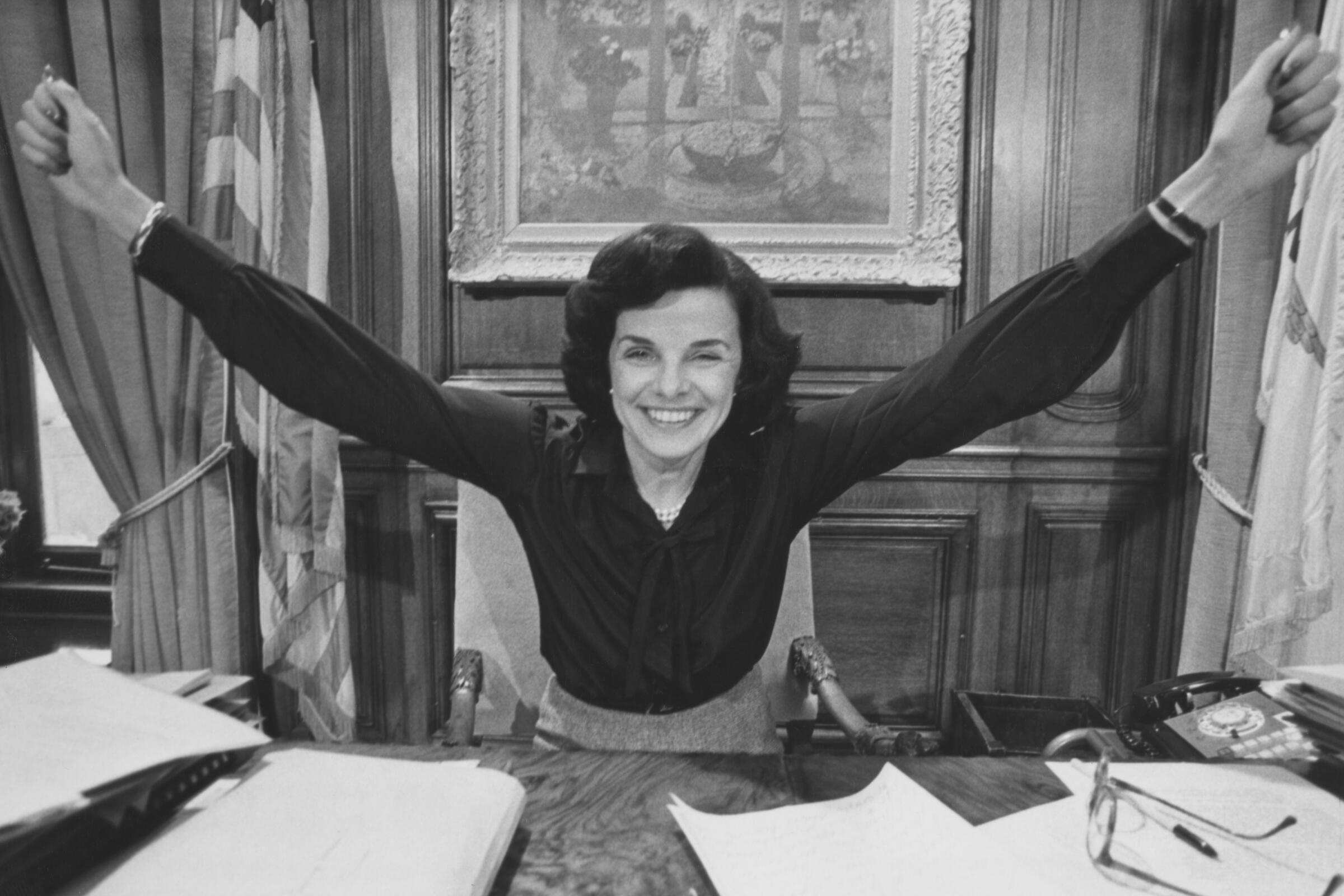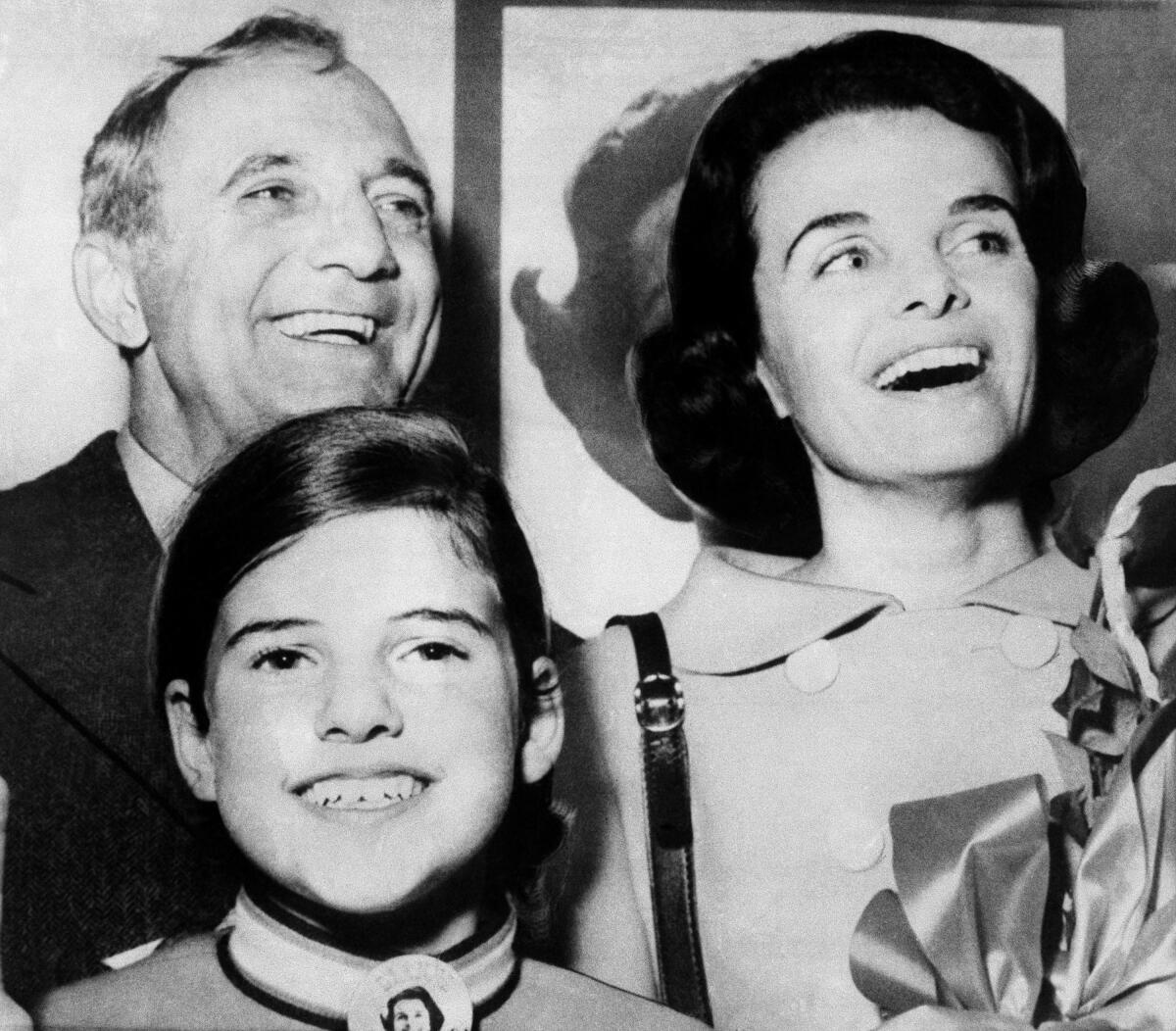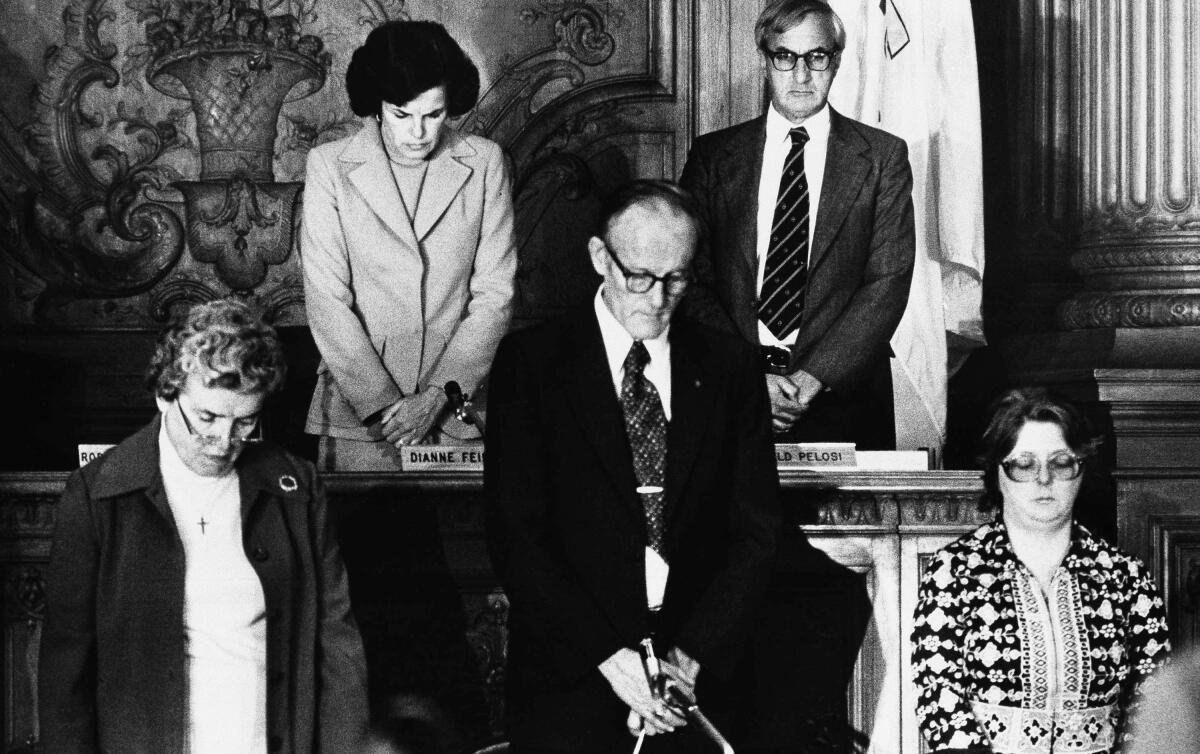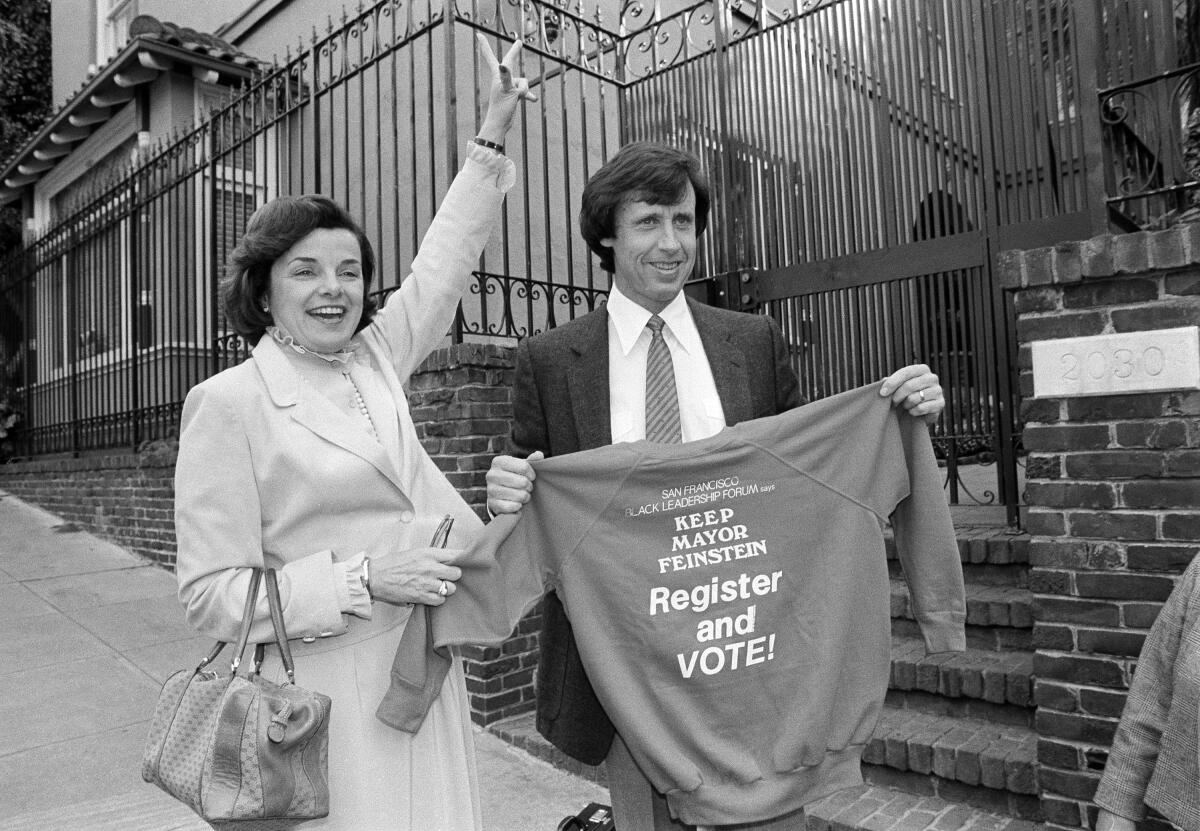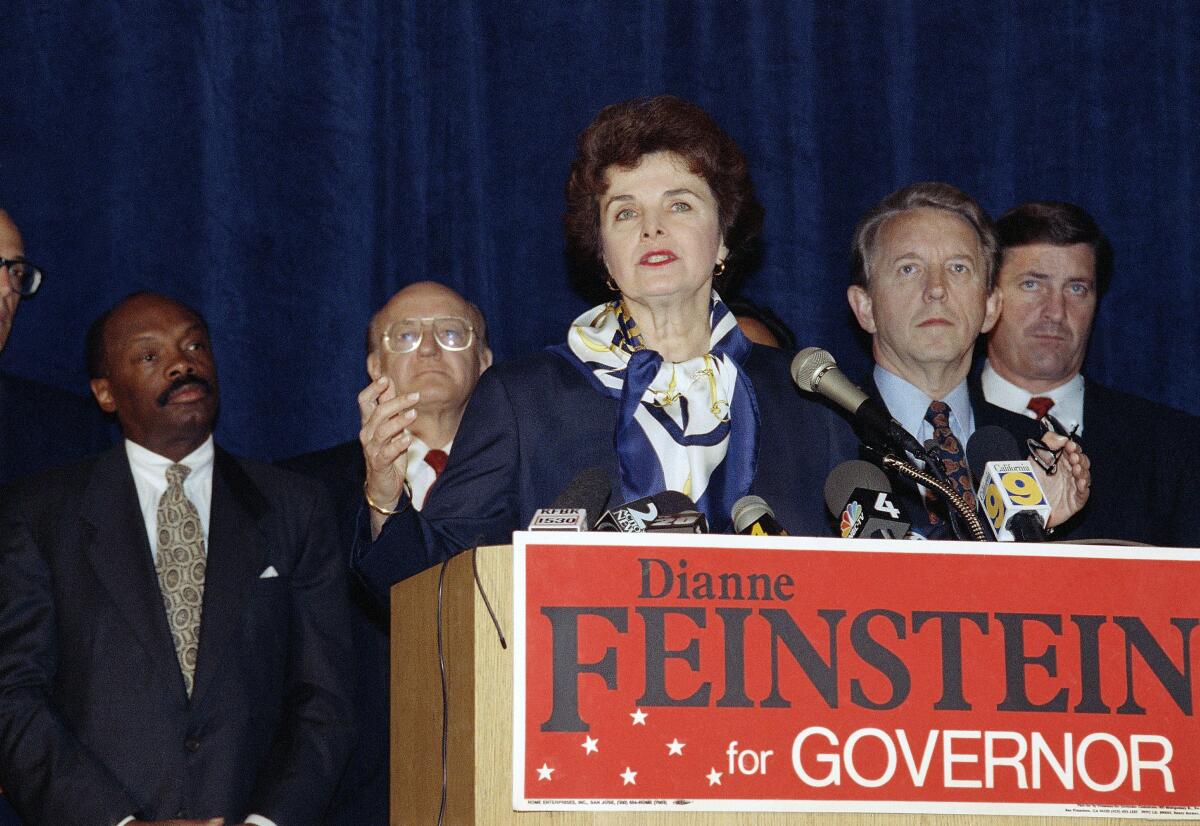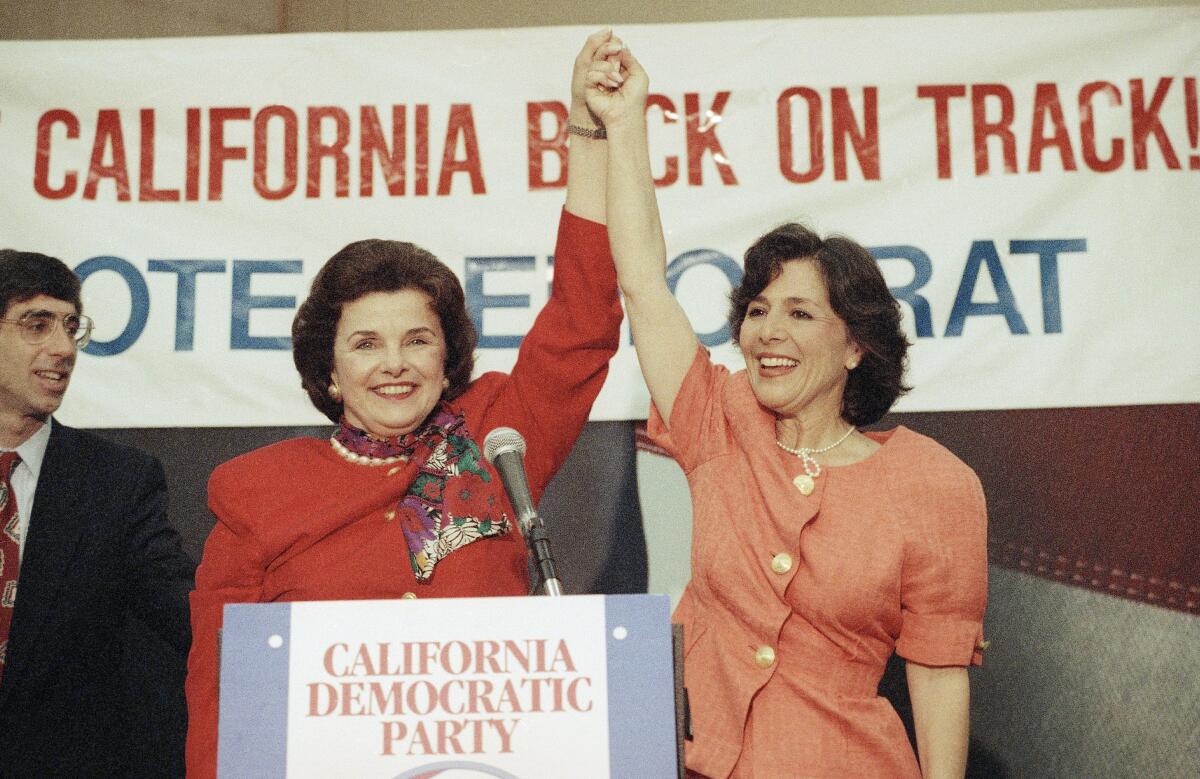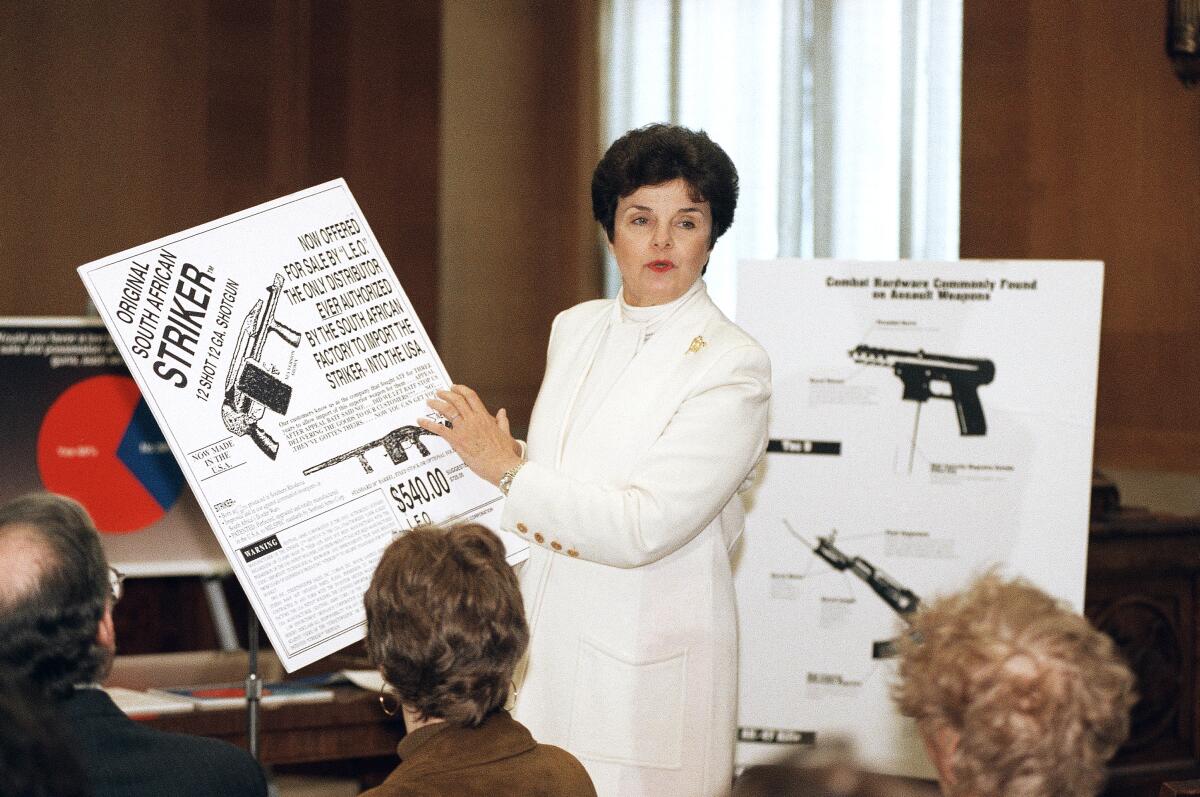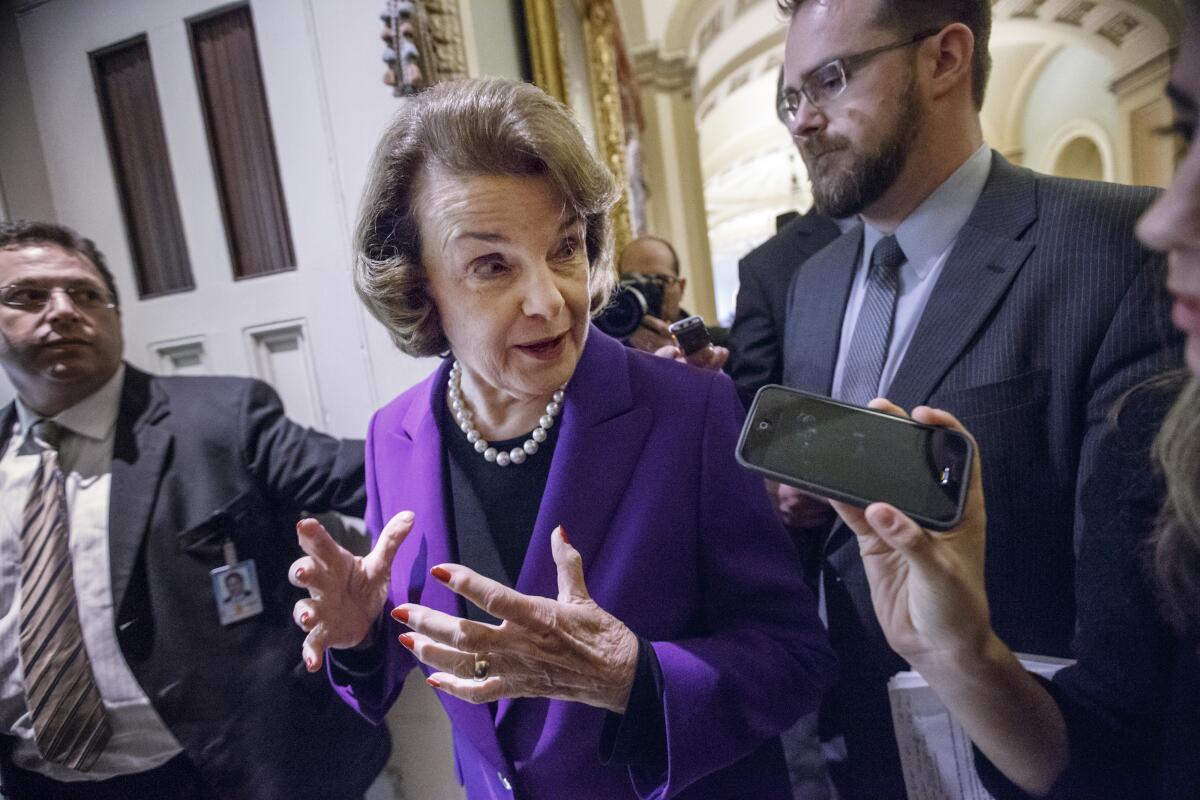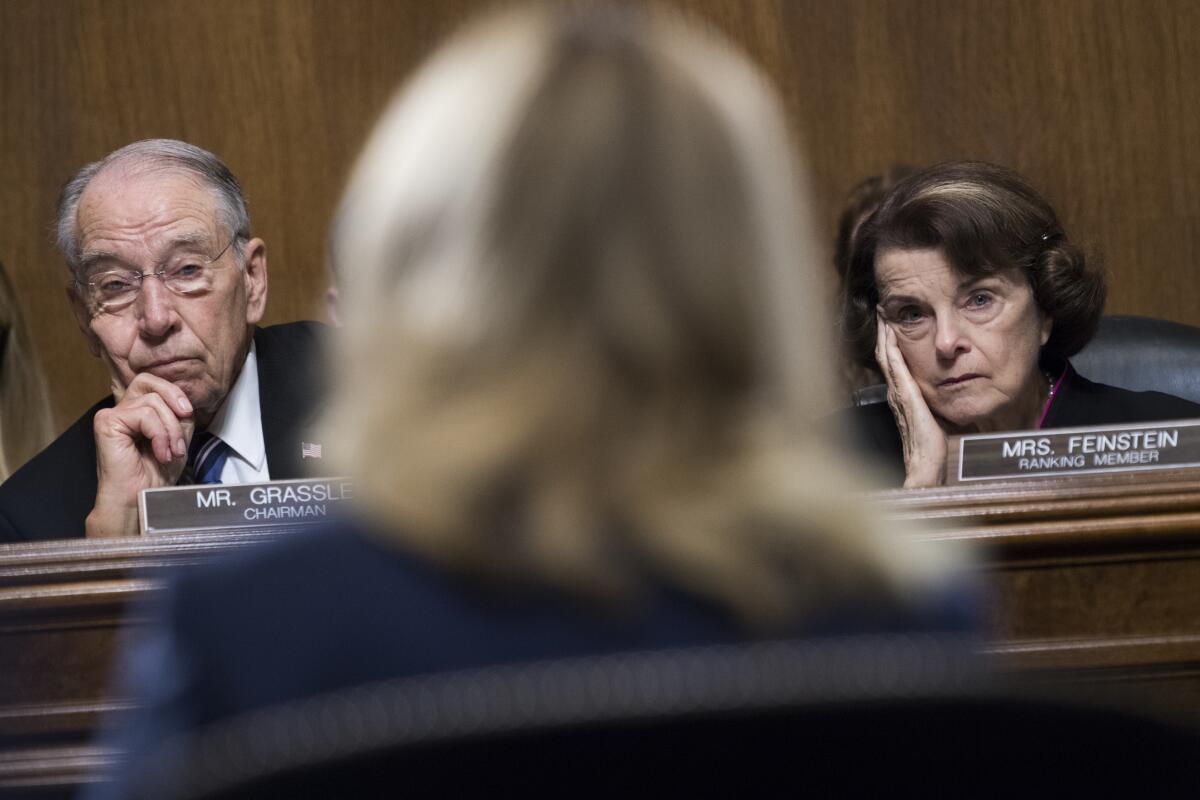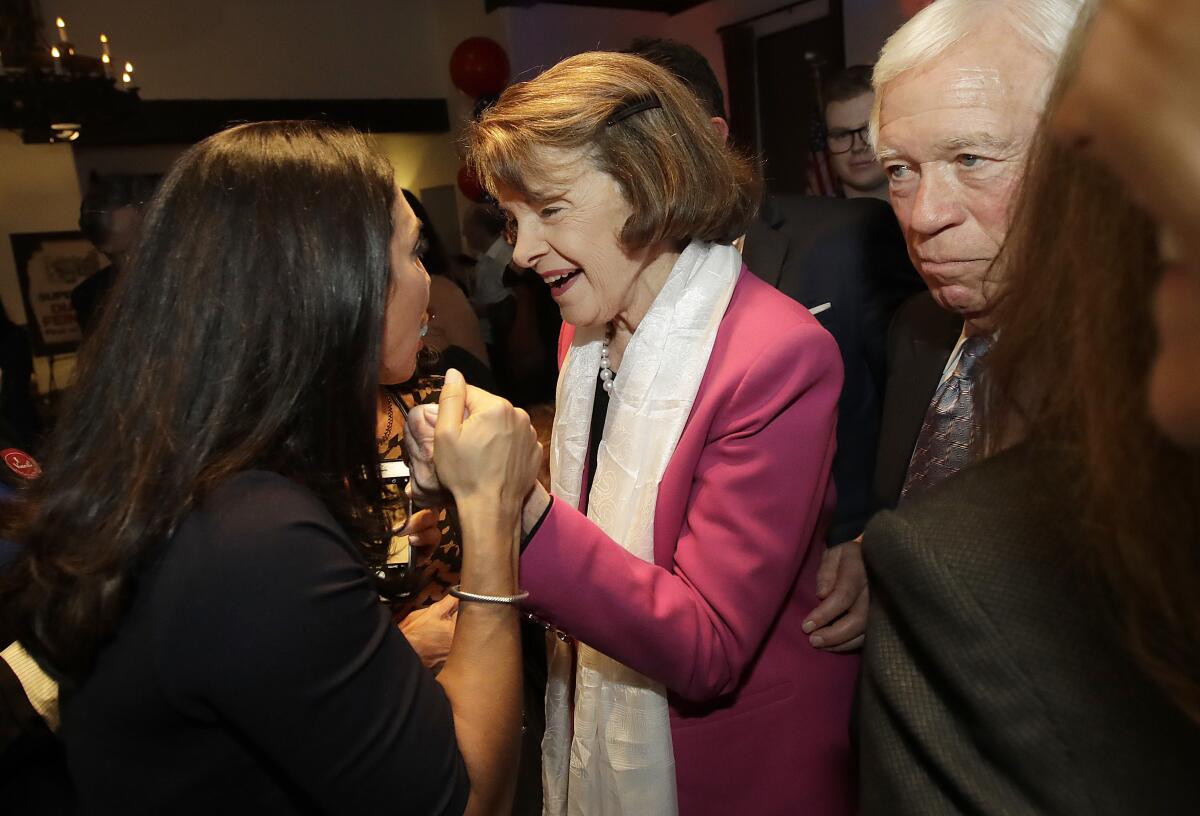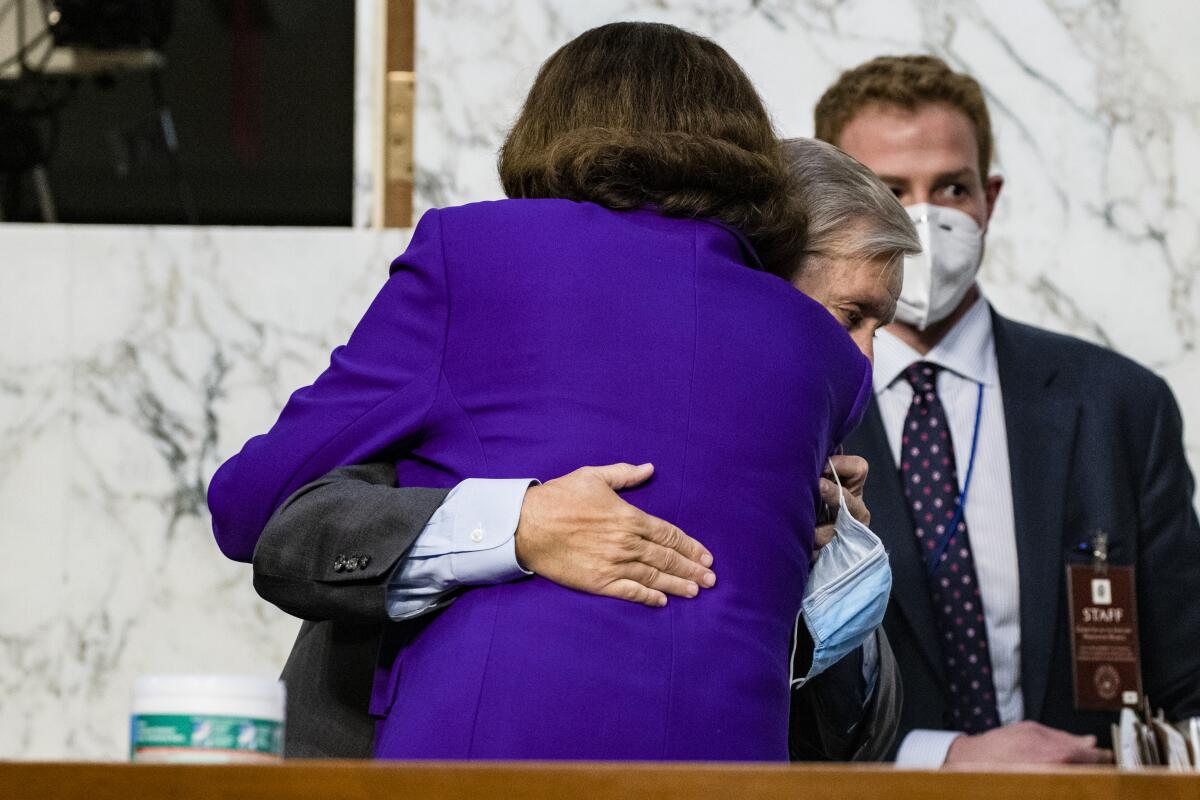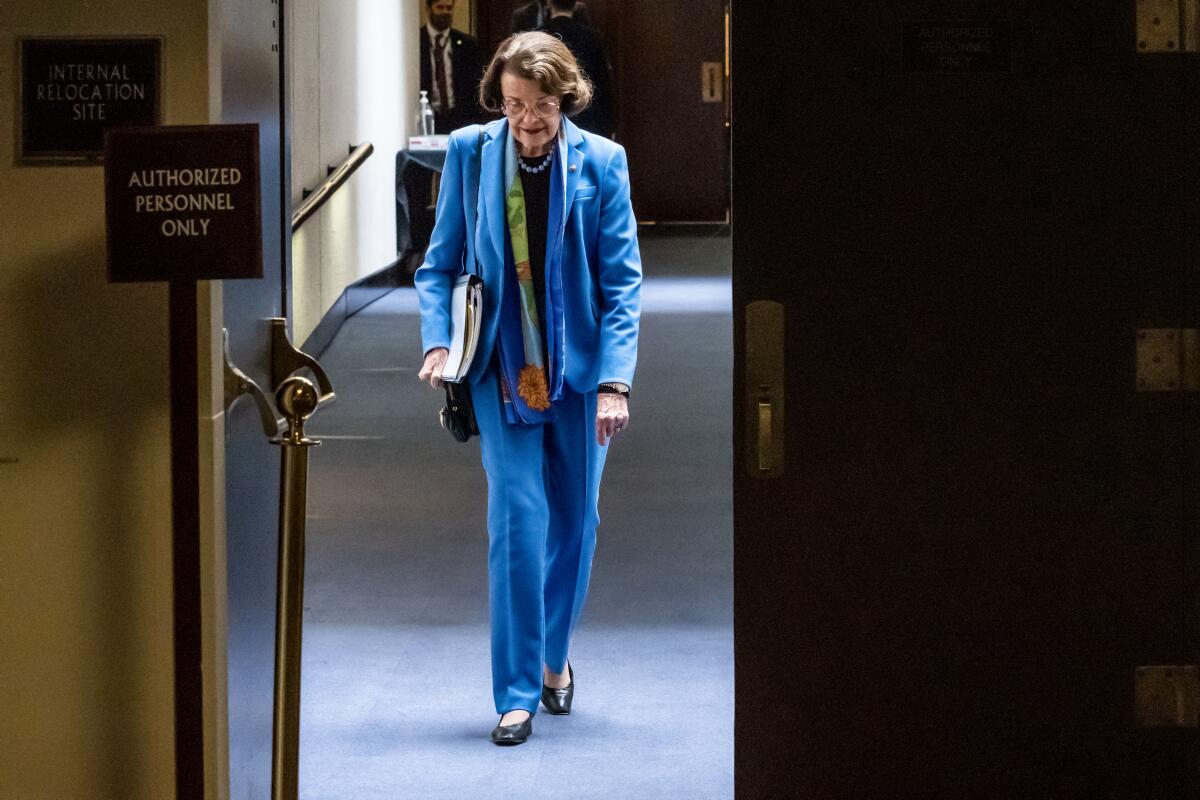Sign up for Essential California
The most important California stories and recommendations in your inbox every morning.
You may occasionally receive promotional content from the Los Angeles Times.
Follow Us
Vanessa Arredondo was a 2022-23 reporting fellow at the Los Angeles Times. She is a Chicana born and raised in the San Fernando Valley. Arredondo is a proud product of community college and has interned in various digital newsrooms across California, including CalMatters and NBCLA. Before joining The Times, she was a Hearst fellow at the San Francisco Chronicle.
More From the Los Angeles Times
Podcasts
Many Altadena & Pacific Palisades residents can’t afford to rebuild. What will this displacement mean for their communities?
In 2016, Sherri Papini from Redding faked her kidnapping, a hoax uncovered three weeks later. This week’s podcast revisits why the “happy housewife” plotted it and why the decade-old story is back.
Trump’s new budget guts federal solar/wind aid, favoring fossil fuels. Sammy Roth talks with Jesse Jenkins about its potential to worsen climate pollution & raise energy costs.
